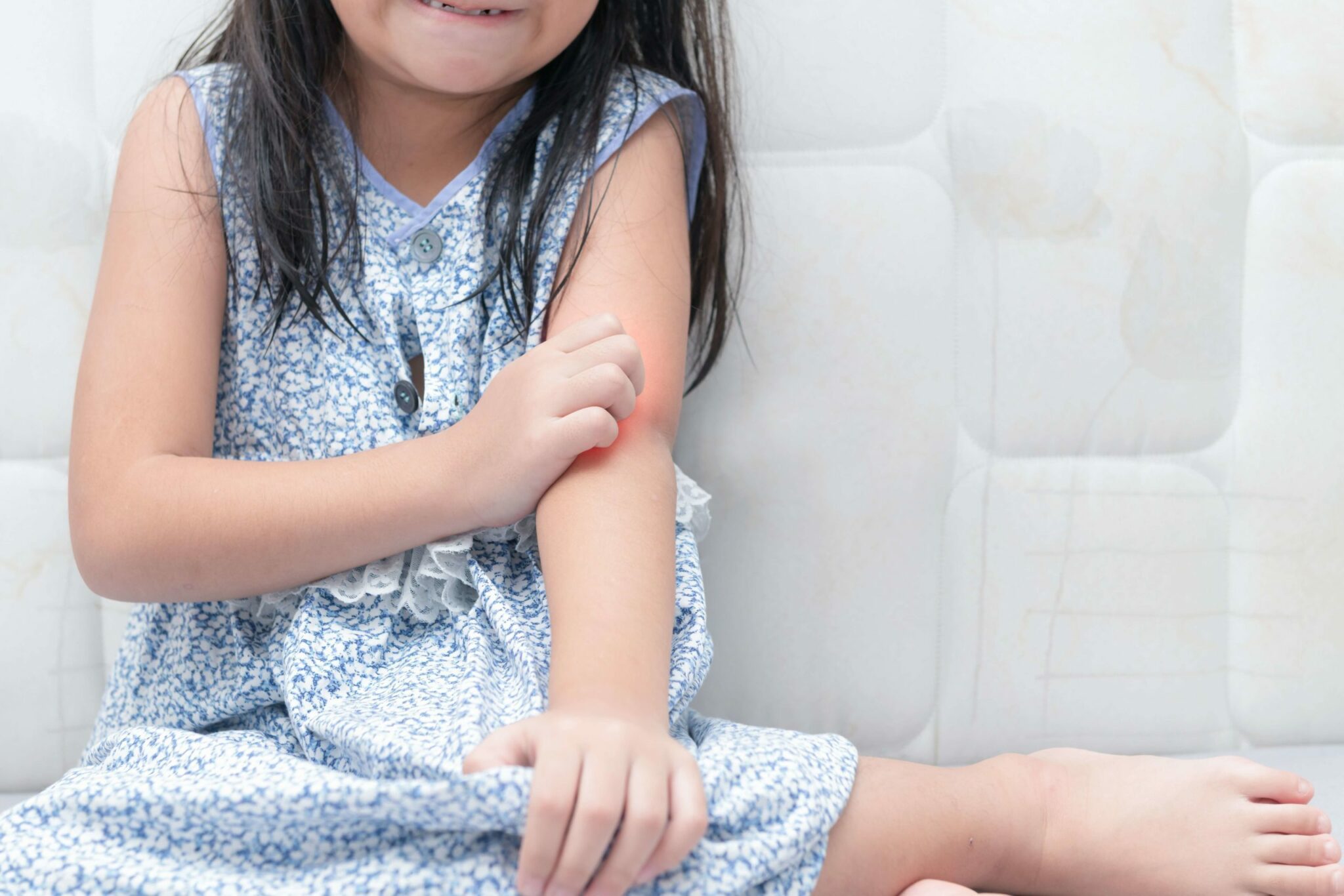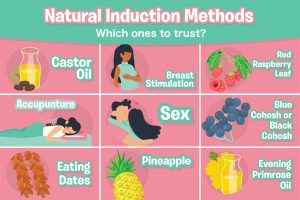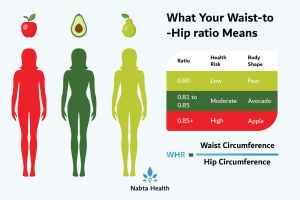What is Childhood Eczema?

Baby’s skin is naturally sensitive, so it’s only normal to worry when your little one develops eczema. But don’t panic: eczema is actually the most common chronic skin condition in children, affecting 10-20% of kids.
Eczema—also known as atopic dermatitis (AD)—usually occurs in the first year of life and almost always within the first five years. Most kids with eczema have at least one family member with eczema. Doctors sometimes refer to eczema as the first part of the “atopic march”. The atopic march involves the diagnosis of eczema, food allergy, allergic rhinitis, and asthma, typically in that order.
For babies, eczema usually starts on the face or arms and legs, and can occur almost anywhere. With older kids, the rash is typically in the elbow and knee folds, the creases of the body. The skin first becomes itchy and then develops a red, scaly, rash. Eczema can cause significant discomfort because of the itchiness, and kids sometimes scratch so hard that they bleed.
How to treat eczema
Eczema isn’t contagious. Mild cases can be treated with non-prescription emollients and hypoallergenic creams. In some cases, doctors might also prescribe a topical steroid and an oral antihistamine. Most parents report that their child’s eczema gets worse with certain triggers such as cold weather, harsh soap, or chlorinated swimming pools. Food and environmental allergies can also play a role in some children.
Ways to prevent flare-ups include:
- Bathing your child in warm—not hot—water. You also want to make bath time as short as possible because being in the water too long can dry out your little one’s skin. When your child gets out of the tub, gently pat skin dry.
- Applying any topical creams and lotions generously to damp skin, focusing on areas that are most affected by the eczema.
- Keeping your child’s fingernails short so if they do scratch, there is minimal damage to the skin.
- Washing clothes in detergent made for sensitive skin.
- Using only fragrance-free products on your child’s skin.
Sources:
- National Eczema Association
- Atopic Dermatitis in Children.
American College of Allergy, Asthma & Immunology - Eczema in Children.
American Academy of Dermatology - Eczema tips to help children feel better.
Boston’s Children’s Hospital - Atopic dermatitis.
Powered by Bundoo®










